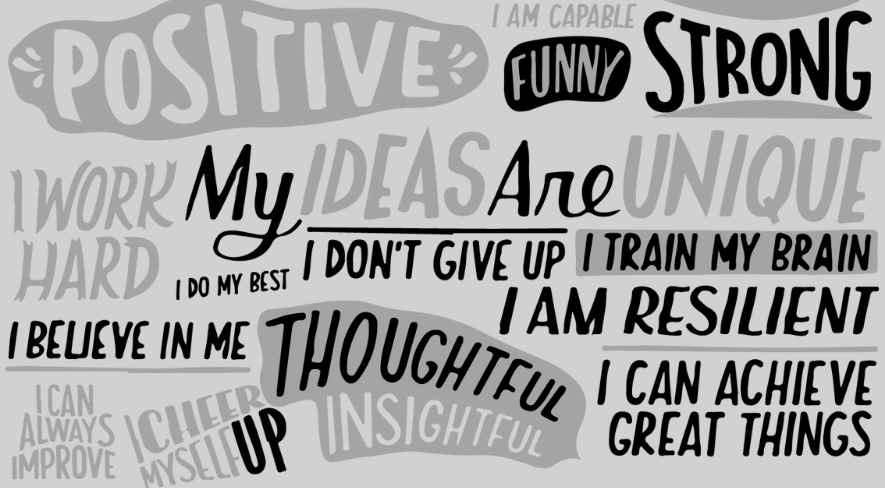Ayushi, Feature Correspondent at The Pioneer, weaves this story of embracing all kinds of love.
Growing up has never been easy, be it the year 1880 or 2020. Teenagers have always found it difficult to identify themselves. Even if they do, vulnerability comes into play. They might judge themselves for feeling a certain way, which can simply lead them to keep their sexual orientations a mere secret, even from their closed ones, who might support them.
Undoubtedly, this generation has seen the LGBTQ+ community undergo enormous changes, right from the decriminalisation of Section 377, creating job opportunities for transgender people to actively engaging in the upliftment of their community and holding pride parades. The massive shift has widened their mindsets, which otherwise were restricted to the teachings of their parents. However, social realities don’t change instantly. The fear of coming out proud and being accepted is still very much persistent.
The activist and founder of the first transgender modeling agency, Rudrani Chettri, believes that youngsters already have so much on their plates that having different sexual preference adds an extra layer of things to think about, such as the scary part where they might be discriminated, violence towards them or whether they have to hide who they actually are. Here comes the question about how they can be sensitised towards the whole community? Well, starting early is the key, feels Rudrani. She says, “Any kind of education holds utmost importance at an early age as kids at that age are very curious.”
And to talk about gender and sexuality, one needs to begin with the use of the right words for our body parts, feel columnist, professor, and equal rights activist, Harish Iyer. He explains that’s exactly where we start breaking the taboo. “Children, by themselves, are usually willing to absorb all concepts of love. Regarding gender as well, one needs to tell them that they do not need to subscribe to stereotypes of the sex assigned at birth and be the best version of who they are,” he says.
Being different is a feeling that emerges at the early stage of life but that doesn’t necessarily mean a child would understand them. So when one finds out that he/she has a different sexual orientation, how can a kid go about it as it’s still not easy for our society to accept homosexuality. Rudrani has the answer. She says, “Times are way different now. I won’t say it’s easy today but yes, it’s somehow manageable. When I go back in time, there were no resources for me. It was difficult to find out what I was going through or whether it’s even normal or not. No internet available, no civil society organisation exclusively working for LGBTQ+ community, there was nothing to look out for. It can be difficult even today but there is no better way than communication. So, if any teenager is going through a difficult period of understanding their sexuality or gender, they have to start talking. They can always find their support system in parents, psychologists, or counsellors.”
She recalls how immature she was to think of engaging as a sex worker only because she thought there is no life for a transperson. “Sometimes kids end up doing stupid things just because they feel this is how their lives are going to be. But I feel there’s a lot of scope, you just have to fight for it,” says Rudrani, who has spent over 10 years spreading awareness and fighting for LGBTQ+ rights in the country.
“It is not easy to be a minority in any aspect”, feels Harish. “The forces of the majority make it appear as the only normal. Self-acceptance takes time and courage too. One can’t find love outside when one finds no love within. For joys untroubled, one needs to have a heart that is clear of hate and is always in a safe place,” he says.
Certainly, this generation doesn’t understand the concept of talking. But it’s not their mistake, they learn from their parents and they have learned it from theirs. It is a chain reaction. However, it’s high time to change all those set notions for an inclusive society and a better world.
“Any kind of education holds utmost importance at an early age as kids at that age are very curious. They manage to find answers for themselves, which may be wrong at times. I strongly recommend that queer literature should be a part of mainstream education as children learn well through the art of storytelling.”
— Rudrani Chettri, Activist and Founder of the first transgender modeling agency
“It is fairly easy to explain to children that people love people and anybody can love anybody. Prejudice is a trait inculcated by adults.”
— Harish Iyer, Columnist, Professor and Equal Rights Activist
This article was featured in The Plus magazine, an educational resource for teenagers and young adults that offers insights beyond the classroom and curriculum.

